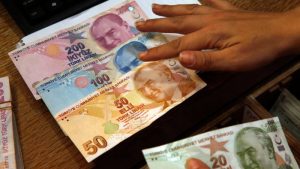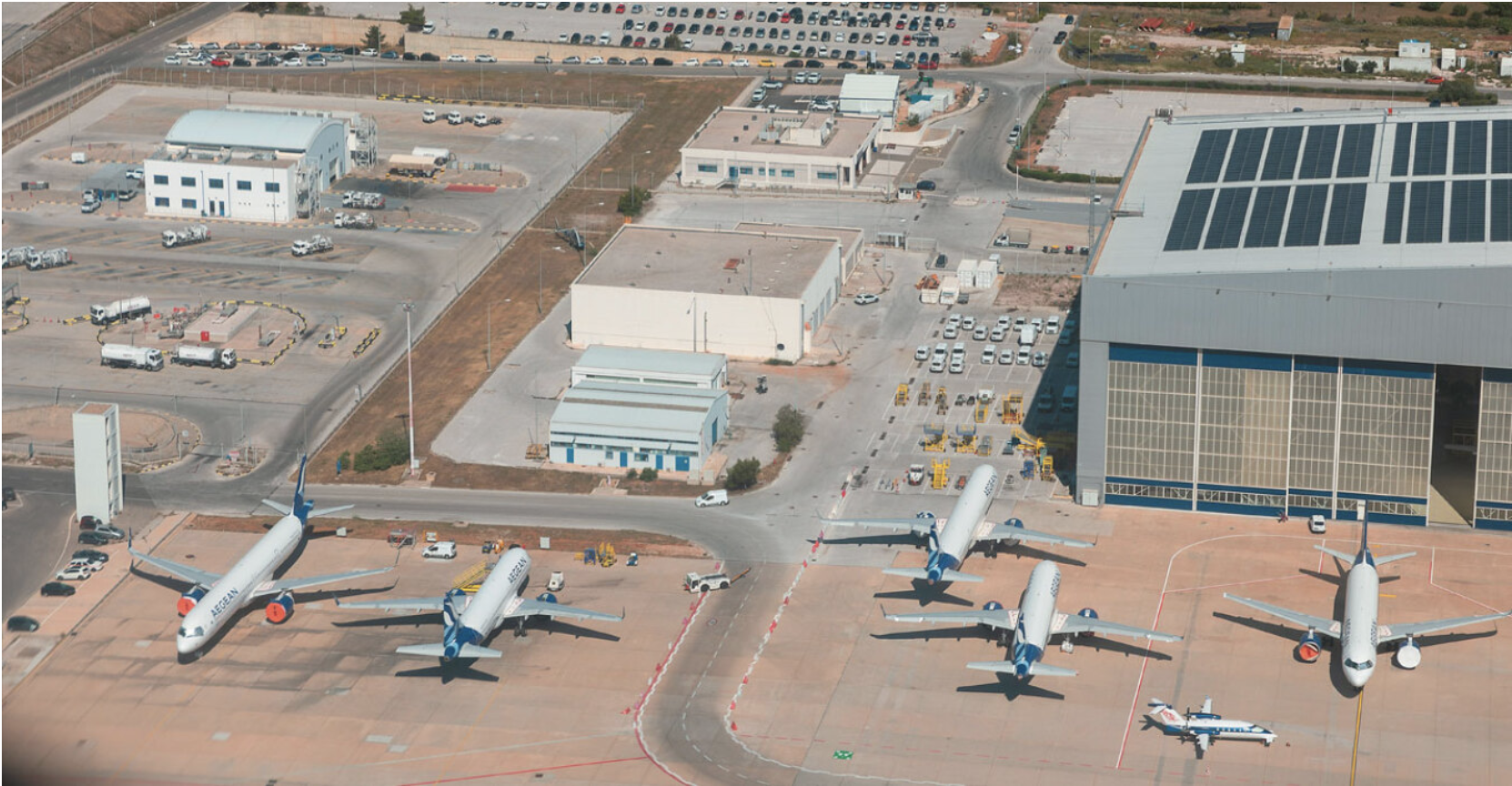Authorities in Turkey appeared to redouble their efforts to clamp down on speculative selling of the lira on Tuesday, with local banks ramping up the cost of borrowing the currency.
The cost of borrowing lira using swaps — a key step for market participants looking to sell the currency — soared to 330 per cent, up from 22 per cent at the end of last week, according to Refinitiv data. The surge took the rate to its highest level since the current data series began in 2001.
One London-based analyst, who asked not to be named, said Turkish banks were telling him they had been ordered “not to lend even a single lira to foreign counterparties”.
He said the move appeared to be an effort to curb short selling. “For the time being, it’s making short lira positions very expensive,” he said.
That was echoed by Oliver Weeks, an economist at London-based hedge fund Emso Asset Management, who said there was a “big squeeze” on short lira positions, driven by “banks being unable or unwilling to lend lira to foreigners”.
Turkey’s Banking Regulation and Supervision Agency and the Turkish Banking Association did not respond to requests for comment.
Read more HERE
Ask me anything
Explore related questions





